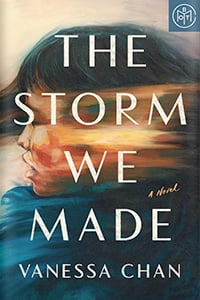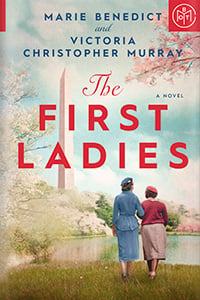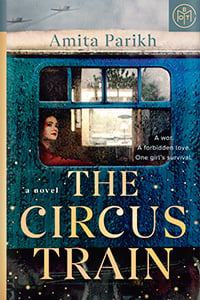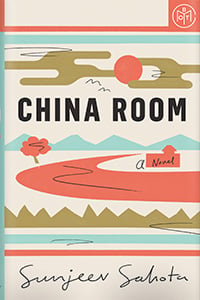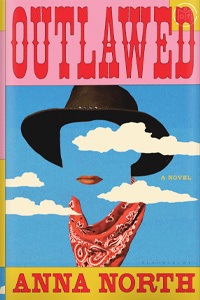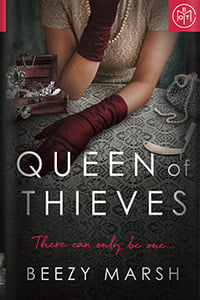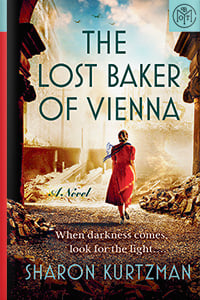

Historical fiction
The Good Left Undone
by Adriana Trigiani
Quick take
Like a hug from your favorite aunt, this moving and wise WWII epic will remind you what life’s all about—famiglia.
Good to know
400+ pages
Family drama
Nonlinear timeline
International
Synopsis
Matelda, the Cabrelli family’s matriarch, has always been brusque and opinionated. Now, as she faces the end of her life, she is determined to share a long-held secret with her family about her own mother’s great love story: with her childhood friend, Silvio, and with dashing Scottish sea captain John Lawrie McVicars, the father Matelda never knew…
In the halcyon past, Domenica Cabrelli thrives in the coastal town of Viareggio until her beloved home becomes unsafe when Italy teeters on the brink of World War II. Her journey takes her from the rocky shores of Marseille to the mystical beauty of Scotland to the dangers of wartime Liverpool—where Italian Scots are imprisoned without cause—as Domenica experiences love, loss, and grief while she longs for home. A hundred years later, her daughter, Matelda, and her granddaughter, Anina, face the same big questions about life and their family’s legacy, while Matelda contemplates what is worth fighting for. But Matelda is running out of time, and the two timelines intersect and weave together in unexpected and heartbreaking ways that lead the family to shocking revelations and, ultimately, redemption.
Read a sample
Get an early look from the first pages of The Good Left Undone.
Why I love it
Lisa Wingate
Author, The Book of Lost Friends
Growing up, I was blind to my grandmother’s history, though not to her opinions. Those, she shared quite readily. She wasn’t soft. She wasn’t a coddler. But she was a great storyteller, a spinner of yarns that held us rapt—tales of my grandfather’s ancestors arriving on sailing ships, of homesteading, of horse teams tilling the land. The one story she never offered was her own, her family’s. Not until years later would the truth spill from her during an unexpected visit. Perhaps she realized, in her twilight years, that only by knowing those who came before us, can we really know ourselves.
I’m certain she was reading over my shoulder when I fell in love with The Good Left Undone—a story that belongs to Matelda, a keeper of family secrets. The revelation of them holds the power to strengthen a daughter, a granddaughter, to transport them back to the turbulence of a world at war, into the hidden life of Dominica, whose choices and fates have shaped the younger generations without their knowing.
The beauty of any book by Adriana Trigiani is her ability to interweave life and fiction. This book is immersive, but it will also have you pausing to consider your own ancestors… or to seek them out. It’s a testimony to the power of family and history, to the value of understanding where we came from. This epic tale is at once real and hopeful, filled with adventure, and yes… stories. Don’t miss your chance to take this unforgettable journey with the Cabrelli women!















